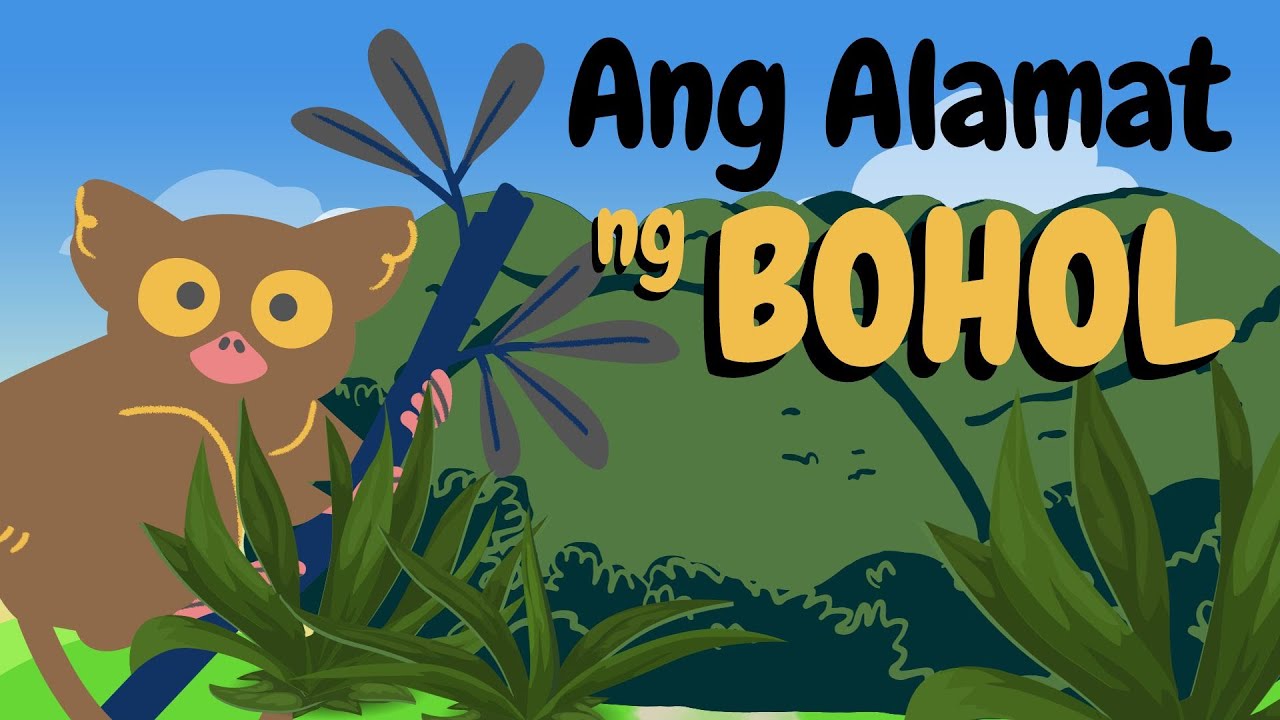Letting Go of Hate - #motivation #quotes #motivationalvideo
Summary
TLDRIn this poignant dialogue, a father and son discuss the nature of good and evil following the mother's tragic death. The father uses a hypothetical scenario to illustrate that good people can unintentionally cause harm, emphasizing the importance of forgiveness not for the offender's sake, but for one's own peace of mind.
Takeaways
- 😔 The son is dealing with the grief and anger over his mother's death, which was caused by a car accident.
- 🤔 The father uses a series of hypothetical scenarios to help his son understand the complexity of morality and actions.
- 🚗 The father's first scenario involves a man who kills another person, prompting the son to label him as 'bad'.
- 👦 The father then introduces a scenario where a child jumps in front of a car, emphasizing that the child is not 'bad', just careless.
- 🚴♂️ In another scenario, the father asks if he would be 'bad' if he accidentally killed a cyclist while trying to save a child, highlighting the unintended consequences of good intentions.
- 👨👦 The son acknowledges that the father would still be a 'good man' despite the accident, showing an understanding of the difference between intention and outcome.
- 👪 The father explains that even though the son sees him as good, the cyclist's family might see him as 'bad', illustrating the subjective nature of judgment.
- 🙏 The father emphasizes the importance of forgiveness, suggesting that it is not for the sake of the person being forgiven, but for the individual's own peace of mind.
- 💔 The son is encouraged to forgive not just for the driver's sake, but for his own, to avoid carrying the burden of hatred and resentment.
- 🌟 The overall message is about understanding the complexities of life, the importance of forgiveness, and the need to let go of hatred to live a peaceful life.
Q & A
Why does the son feel hatred after his mother's death?
-The son feels hatred because his mother was killed in a car accident, which has left him with a sense of injustice and anger.
What is the father's initial question to his son about the morality of killing?
-The father asks if a man who kills another person is good or bad, aiming to initiate a discussion on the complexities of moral judgments.
How does the father use a hypothetical scenario to explain the concept of unintended harm?
-The father uses a scenario where he swerves to avoid hitting a child, but inadvertently kills a cyclist, to illustrate that good intentions can sometimes lead to unfortunate outcomes.
What is the son's reaction when asked if he is bad for accidentally hitting a cyclist?
-The son hesitates but ultimately agrees that his father is not bad, recognizing that the action was unintentional and driven by a desire to save a child.
Why does the father suggest that good people can do bad things and still be good?
-The father is trying to convey that the morality of an action is not solely determined by its outcome but also by the intentions behind it.
How does the father's question about the cyclist's family's perception challenge the son's understanding?
-The father's question makes the son realize that different perspectives can lead to different judgments, even when the actions were not malicious.
What is the significance of the father's advice about forgiveness?
-The father advises forgiveness not for the sake of the driver but for the son's own well-being, suggesting that holding onto resentment can be more harmful than letting go.
Why does the father emphasize that forgiveness is a gift from God?
-The father emphasizes this to highlight that forgiveness is a divine tool meant to free individuals from the burdens of hatred and resentment.
What is the main moral lesson the father is trying to teach his son?
-The main moral lesson is that one should not be consumed by hatred and should seek forgiveness for personal peace and to avoid carrying the burdens of others.
How does the father's conversation with his son reflect on the broader theme of moral ambiguity?
-The conversation reflects on moral ambiguity by showing that actions can be both good and bad depending on the context and the intentions behind them, challenging the son's black-and-white view of morality.
Outlines

Этот раздел доступен только подписчикам платных тарифов. Пожалуйста, перейдите на платный тариф для доступа.
Перейти на платный тарифMindmap

Этот раздел доступен только подписчикам платных тарифов. Пожалуйста, перейдите на платный тариф для доступа.
Перейти на платный тарифKeywords

Этот раздел доступен только подписчикам платных тарифов. Пожалуйста, перейдите на платный тариф для доступа.
Перейти на платный тарифHighlights

Этот раздел доступен только подписчикам платных тарифов. Пожалуйста, перейдите на платный тариф для доступа.
Перейти на платный тарифTranscripts

Этот раздел доступен только подписчикам платных тарифов. Пожалуйста, перейдите на платный тариф для доступа.
Перейти на платный тарифПосмотреть больше похожих видео
5.0 / 5 (0 votes)






